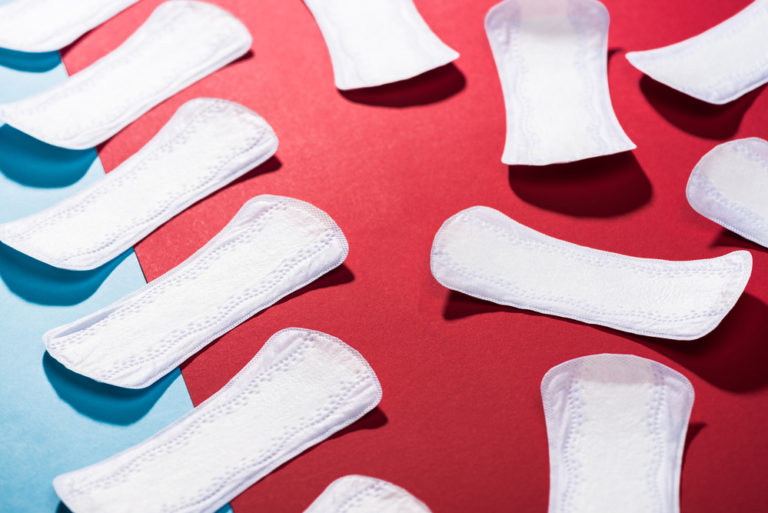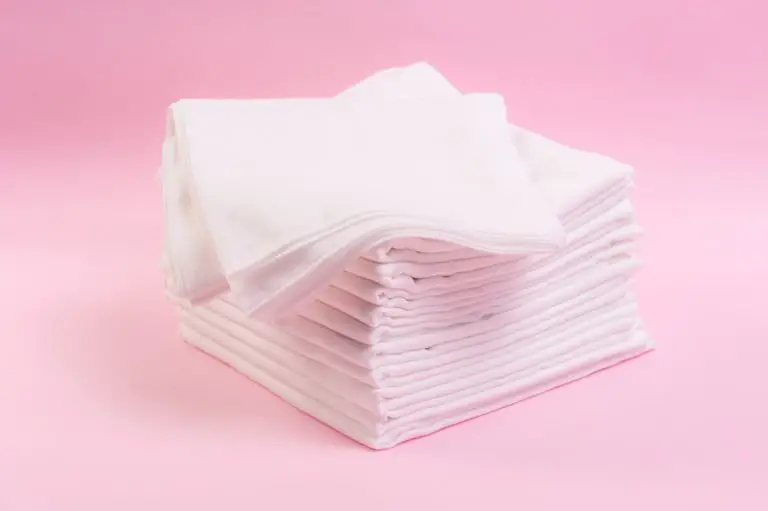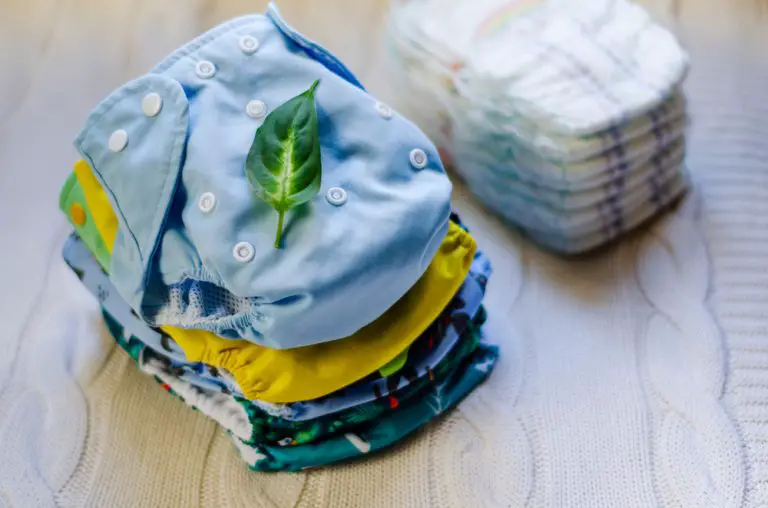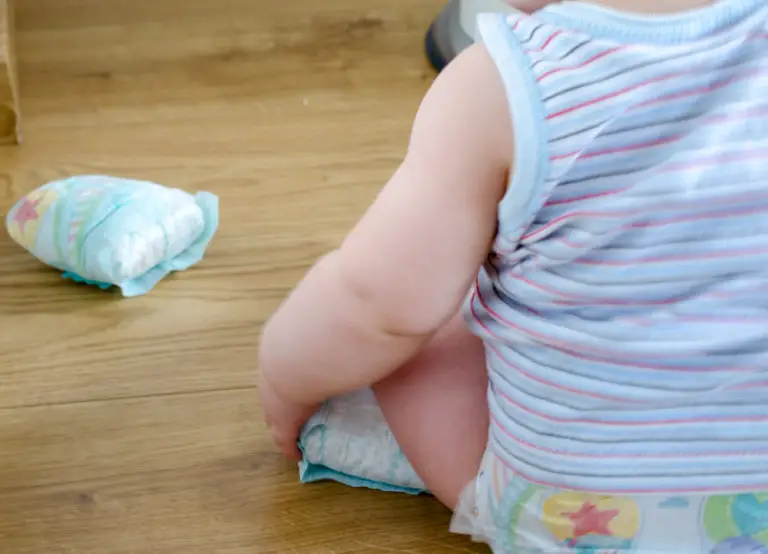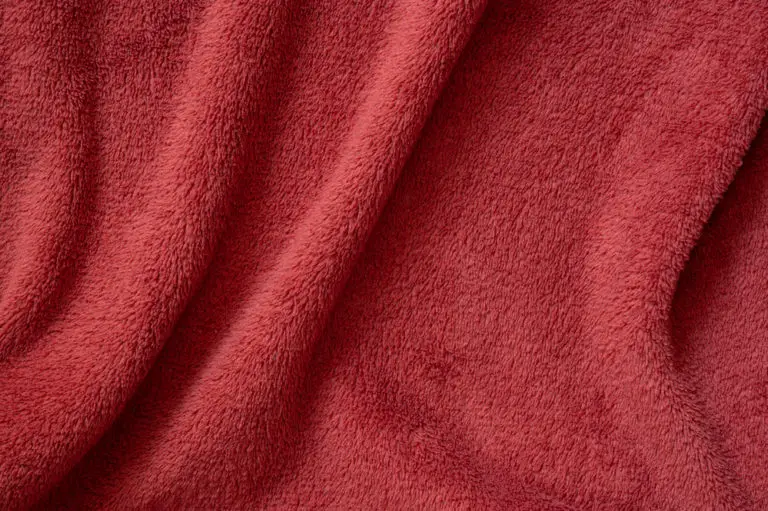6 Signs to Stop Changing Diapers at Night (2024)
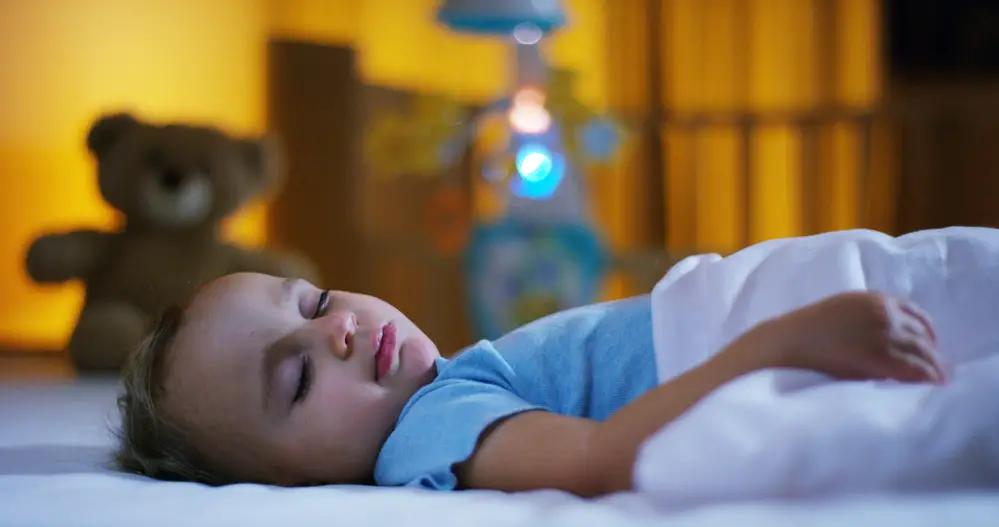
Getting enough sleep as a new parent is challenging. Your baby will sleep two to three hours at a time, making long stretches of sleep impossible. Plus, diaper changes and other needs need to be tended to. The good news is around six months old, your baby is developmentally ready to sleep through the night.
Once this and other milestones are reached, you can stop changing diapers at night and start getting back on a regular schedule. Of course, you know your baby best, but this article outlines the signs that your baby is probably ready for that full six to eight hours of uninterrupted sleep.
When to Stop Changing Diapers at Night?
1. No Regular Nighttime Feeding
Each baby develops at an individual pace; however, there are some generalized milestones parents can use as a guideline. For example, around two to three months old, your baby can sleep for five to six hours at a stretch without needing to eat. So while you’ll still need to change diapers at night, it should only be once or twice instead of three or four.
By five and six months old, unless your baby has a medical condition or your pediatrician has advised otherwise, they should be able to sleep six to eight hours at minimum. If your baby is still waking up to feed at night, it is likely from habit, not hunger.
Speak with your pediatrician or early childhood specialist for nighttime weaning tips if you’re having difficulty. Many parents opt for sleep training. Although babies crying because they’re seeking that midnight snack are perfectly safe, think of it as a two-year-old tantrum; listening to their baby cry is challenging for some parents.
Once you’re able to stop feeding in the middle of the night, you can also stop changing diapers at night!
2. No Regular Nighttime Pooping
Older children and adults typically do not need to poop overnight unless they are ill or have a medical condition. The human colon is generally quiet and inactive overnight. However, that development won’t occur for a newborn until about six months. Six months is the magic marker for many feeding and sleeping milestones!
Once your little one’s colon learns the rhythms of day and night, you can stop changing nighttime diapers. However, the colon typically activates upon waking, so if you have an early riser, even though you are finished changing nighttime diapers, you might have a first thing in the morning change!
Newborn babies, especially exclusively breastfed babies, have a much more liquidy poop. Once you introduce solids, typically between four and six months, your baby’s poop will change. Babies who eat solids have poop that is also more solid and less goopy and wet, which causes less discomfort and less diaper rash.
3. If the Diaper isn’t Too Wet
While your baby is likely to continue wetting their diaper overnight well into preschool, you don’t need to change them while they are sleeping for a damp diaper. Waking a baby or toddler for a diaper change will form poor sleeping habits and create a baby who may just wake up out of routine and not a necessity.
Most disposable diapers and many cloth diapers excel at wicking moisture away so your baby feels dry. Therefore if you pick them up for a feeding and don’t notice a smelly or sopping diaper, don’t worry about a wet diaper change.
Diaper changes are stimulating experiences from the movement, physical contact, and the change in temperature from removing clothing and the diaper. All that sensory input will likely wake your baby up and make them alert and more challenging to put back asleep.
Once your child is older and learning to potty-train, they may wake themselves when their diaper or pull-up is wet. In that case, simply help them change and gently put them back to bed.
Also read: 12 Tips to Avoid Baby Peeing Through Diaper at Night
4. If LO is Not Developing Diaper Rash
All babies have sensitive skin, but some little ones have extremely sensitive skin. If this is the case for your little one, then you may experience more diaper rash than the average baby.
When diaper rash first pops up, try changing your baby more frequently during the day. If that doesn’t solve the issue, do a diaper change at night with each feeding.
You may also need to experiment with different types of diapers, diaper creams, and laundry detergents. However, only change one thing at a time so you can catch the culprit!
Once your baby is developmentally able to sleep through the night, usually around five or six months, and if they are not prone to diaper rash, you should be able to eliminate diaper changes at night.
5. LO Sleeps Through the Night
This one may seem obvious, but many parents don’t realize that their little one can sleep through the night but has formed bad habits, so they continue to wake up. Once your baby is around five or six months old, they should be able to sleep up to eight hours at a time.
That means no feedings or diaper changes. However, if your baby has gotten in the habit of getting a middle-of-the-night snack, even when they developmentally no longer need it, they will wake up from the habit.
Typically, however, once your baby can sleep through the night, it goes along with stopping diaper changes at night. Bear in mind a few things may alter your baby’s regular sleep patterns even after they’ve mastered sleeping through the night.
Factors that could influence your baby’s sleep include too much noise or lack of white noise, harsh lighting, routine or schedule interruptions, teething, growth spurts, and illness.
6. After Successful Potty Training
Few things are more exciting than achieving potty success! Kids feel proud and independent, and parents feel relieved. The average age for a child to potty train is between two and three. However, some children, especially boys, take until three and a half or even four to master daytime control.
Once your child is successfully day-time potty trained, they may still need protection overnight for a few months and up to a few years. In most cases, you will not change diapers at night for older kids, but they may wake up and either change themselves or find you for help.
Having an overnight diaper change for an older child can be frustrating, especially if they are waking you up or need their bedding changed because of an accident or leak.
Remember, patience is critical, and their bodies are not developmentally ready to be diaper-free at night. Never punish a child for soiling themselves. Instead, calmly help them change and reassure them.
There’s No Best Time
Since all children develop at their own pace, there is no single best time to eliminate an overnight diaper change. However, parents typically rejoice when they can eliminate the middle-of-the-night diaper change.
This is especially the case for parents of multiples who feel like they will forever be changing babies’ diapers at night. But be patient because before you know it, your little one will sleep all night!
Before you can decide if you’re baby is ready to go change-free all night long, consider the information presented in this article. You can certainly stop if your baby can sleep six to eight hours without waking up, and you have weaned them off all middle-of-the-night feedings.
The key is to avoid developing poor sleeping habits and waking your baby up for unnecessary diaper changes. If a child is uncomfortable or a wet diaper is bothering them, they will likely cry, fuss, and wake you up.
So, if you’ve reached the stage where nighttime diaper changes have ceased, and you notice your baby crying one night, it’s wise to check on them to discover what’s causing their discomfort.
FAQ
When can I stop changing my baby’s diaper at night?
There are various factors to consider. But in general you can stop changing your baby’s diaper at night when they can sleep through the night, no longer poop overnight, are not prone to diaper rash, and no longer need a middle-of-the-night feeding.
Is it OK to skip a diaper change in the middle of the night?
If your baby is only slightly damp, no moisture is sitting on their skin, and there is no poop, skipping a diaper change a night is considered OK. However, if their diaper is saturated or your baby is prone to diaper rash, you should avoid skipping changes.
How often should I change my baby’s diaper at night?
For newborns, most parents change their baby’s diaper with each feeding. However, as they get older and go less frequently, you may be able only to have one change each night. You should always put your baby to bed in a clean diaper.
Should I change a pee diaper at night?
It is really up to the parents. Diapers that are saturated and heavy should be changed. However, if you can’t feel whether or not your baby is wet, it is probably not necessary to change a diaper in the middle of the night.

Laurel Davidson
Laurel brings her passion for parenting and years of problem-solving experiences to ParentingMode. She is the editor of ParentingMode, ensuring that the content is relevant and valuable to the readers. Laurel received her master’s degree in public administration with a certificate in economic development. She is a stay-at-home mom, raising two adorable kiddos, Aurora and Thomas. Laurel enjoys sharing her experience as a parent, traveling, and good food.

